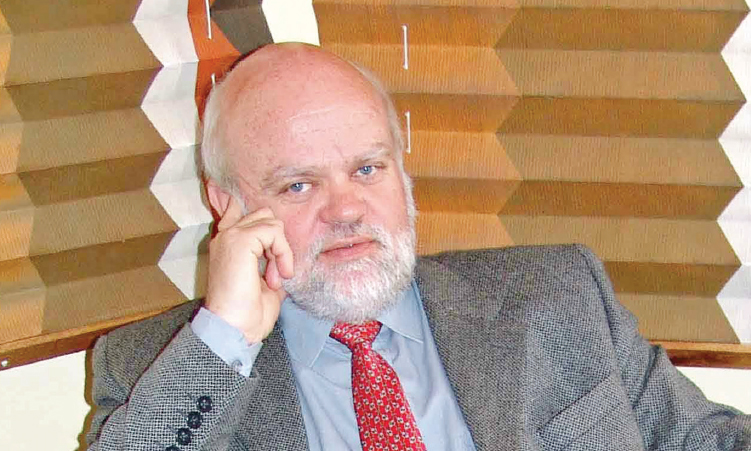A four-day workweek has captured the attention of Namibians, with the pundits claiming giving workers an extra day off increases productivity.
Those promoting the move to a four-day workweek, from the concept stage to reality, swiftly highlight the pros, but are taciturn when it comes to the cons.
Reportedly the four-day workweek concept is being piloted in Canada and the United States (US), among other countries, but is seems the jury is still out on the productivity benefit thereof.
Many say some Namibians in paid employment already work a four-day week, even a three-day week, and have done so for years.
If Namibia desires to be a winning economy, it is not a four-day workweek that is needed, but rather the creation of a productivity centre.
On my first visit to Sweden, I experienced service efficiency in a restaurant where impressively two waitrons faultlessly served a jam-packed restaurant, supported by a similar number of kitchen staff.
During a recent trip to the US, I again experienced a similar level of productivity at the hotel where I was staying – two people serving 40 guests, supported by three kitchen staff members.
Here at least six times that number of staff would be on duty at any one time in a similar-sized eatery.
Over the years, during visits to production facilities of companies in Europe, the US and Asia, a similar picture emerged – few staff members and high levels of productivity.
Surely, the importance of productivity for a business and a country to operate more competitively in a global economy is a no-brainer.
Peter Drucker is one of the world’s best-known management gurus of modern times, with many books, academic papers and articles to his credit.
A management consultant, educator and author, he was and still is considered one of the most influential thinkers and writers on contemporary management theory and practice in business, government and non-profit organisations.
As a foreseer of what was to come, in his writings Drucker predicted major developments, including the rise of Japan as an economic powerhouse, and the advent of privatisation and globalisation.
He also foretold the emergence of the information society and its connection with a need for lifelong learning.
Drucker’s oft-repeated adage when referencing the measurement of productivity, is: “You can’t manage what you can’t measure.”
An Austrian-born naturalised US citizen, Drucker died in 2005 at the age of 95.
Drucker is right: Unless an intended objective or planned outcome is defined and tracked, it becomes difficult to measure.
Once performance is measured and found to be suboptimal, the process can be adjusted accordingly to achieve a desired outcome.
Back to the allegation, real or unfounded, about unproductive and unmotivated Namibian employees.
There has been much talk, but the establishment of a productivity centre in Namibia is now an urgent need.
More so than a four-day workweek.
This would help measure productivity and develop improvement strategies.
Another benefit of a productivity centre would be to develop strategies to make better use of Namibia’s human capital and other resources in the quest to achieve an industrialisation objective by 2030.
- Danny Meyer is reachable at danny@smecompete.com
Stay informed with The Namibian – your source for credible journalism. Get in-depth reporting and opinions for
only N$85 a month. Invest in journalism, invest in democracy –
Subscribe Now!






